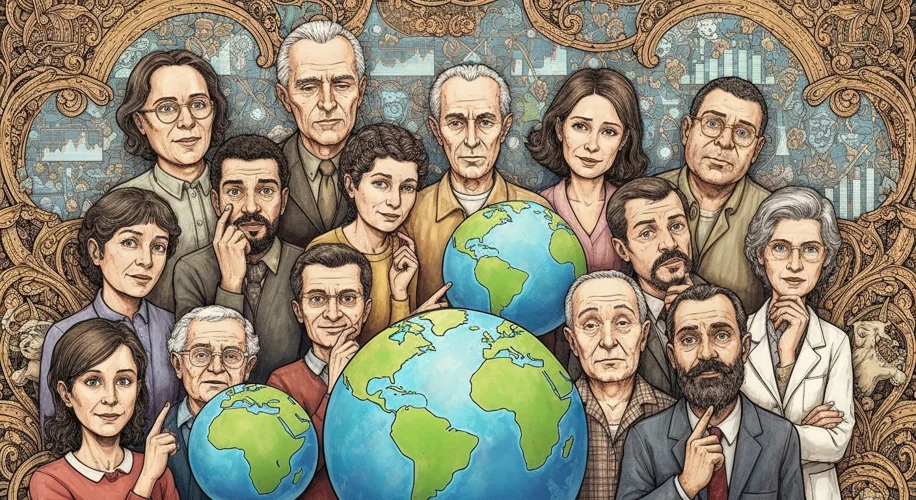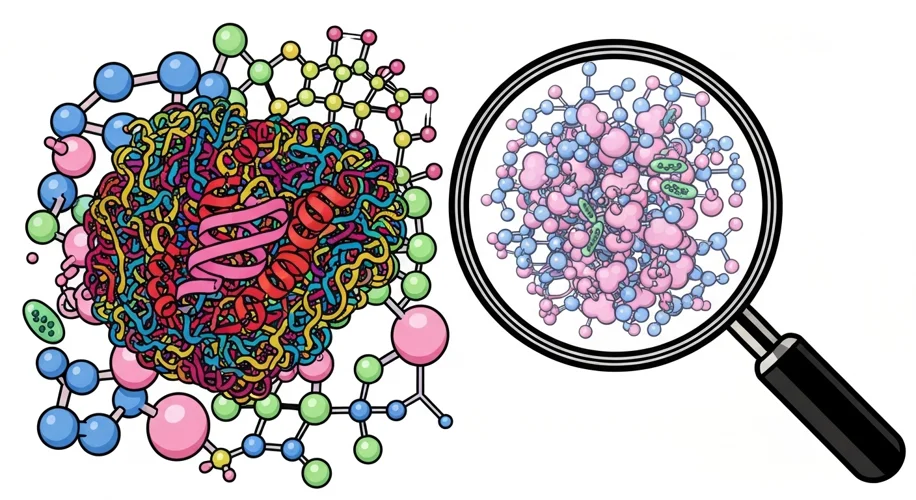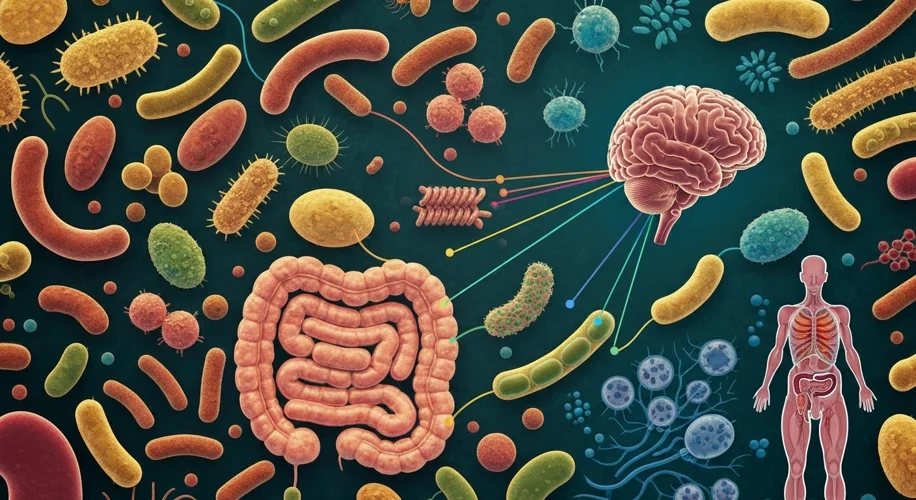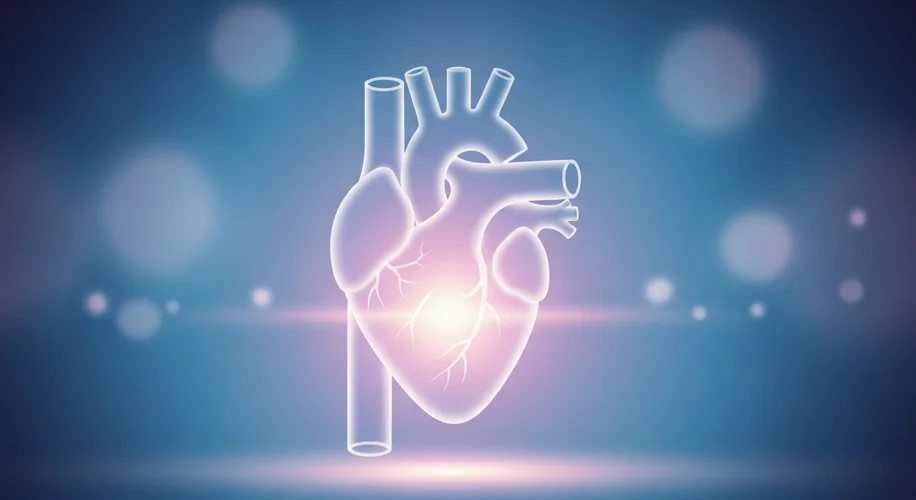America’s Shifting Stance on Vaccines: A Global Perspective
Did you know that attitudes towards vaccines in America have been changing? A report from The New York Times in September 2025 highlighted that the U.S. is becoming somewhat of an outlier globally when it comes to vaccine acceptance. This isn’t just a small shift; it’s a significant trend that warrants a closer look at … Read more










